The ancient Parthenon Sculptures brought to the UK by a Fife aristocrat more than 200 years ago have hit the headlines around the world this week after a row over the antiques broke out between the British and Greek governments.
The disagreement was sparked on Monday after Prime Minister Rishi Sunak cancelled a meeting with his Greek counterpart Kyriakos Mitsotakis over the status of the treasures, known in the UK as the Elgin Marbles, housed at the British Museum.
It prompted Athens to accuse London of trying to avoid discussing the controversial sculptures.
Greece has long insisted that the Elgin Marbles were taken illegally and has pursued a high-profile campaign in recent years for their return.
What are the Elgin Marbles?
So, what are the Elgin Marbles and why are they so controversial?
They are a collection of stone artefacts – including sculptures, inscriptions and architectural features – procured by the 7th Earl of Elgin, Thomas Bruce, during his time as ambassador to the Ottoman court of the Sultan in Istanbul.
The Fife aristocrat collected the 2,500-year-old artworks from the Parthenon, a former temple, and other structures from the Acropolis of Athens, between 1801 and 1805.
In 1816 he sold them to the British Government for £35,000.
They were then entrusted to the British Museum, where they have been on display ever since.
Athens has been demanding the return of the sculptures since it became independent in the early 1830s.
But the British Museum claims that they were acquired by Lord Elgin under a legal contract with the Ottoman Empire and has rejected demands for their return.
In 2015, Greece said it would pursue a diplomatic and political approach to retrieving the sculptures.
Last December, talks between the UK and Greece on the sculptures’ return to Athens were said to be at an advanced stage.
Reports suggested that former chancellor George Osborne, in his role as chair of the British Museum, had been involved in lengthy but secret discussions with the Greek Government about the sculptures’ repatriation.
Speaking at the London School of Economics at the time, Mr Mitsotakis said: “A win-win solution can be found that will result in the reunification of the Parthenon sculptures in Greece, while at the same time taking into account concerns the British Museum may have.”
But the British Museum said it was “not going to dismantle our great collection as it tells a unique story of our common humanity”.
It added: “The debate about restitution raises important and nuanced questions around objects and collections which are looked after in many countries around the world.
“The British Museum fully acknowledges the complex histories of objects within the collection and recognises our responsibility to engage audiences about their interconnected history in the modern world.”
The ownership of the Elgin Marbles is one of the highest-profile disputes surrounding the repatriation of cultural objects held by museums, especially those looted through imperialism, colonialism or war.
Greece hopes to display the pieces along with other artefacts in the Acropolis Museum, across the road from their original site in Athens.
Sunak cancels meeting with Greek PM
And now the Mitsotakis and Sunak row shows the matter is still as controversial today.
The Greek Prime Minister Kyriakos Mitsotakis was due to meet Rishi Sunak in London on Tuesday, but No 10 cancelled the meeting the day before.
Mr Mitsotakis told reporters he was “deeply disappointed by the abrupt cancellation” of the meeting.
He rejected an alternative meeting with the deputy prime minister.
The cancellation came a day after Mr Mitsotakis told the BBC’s Laura Kuenssberg that the sculptures should be returned.
He said that having some of the treasures in London and the rest in Athens was like “cutting the Mona Lisa in half”.
Andrew Douglas Alexander Thomas Bruce, the 11th Earl of Elgin and 15th Earl of Kincardine, has previously denied that his ancestor did any wrong doing.
In 2004, when asked to comment on the belief that the treasures are stolen property, Lord Elgin said this was “totally unfair and completely untrue,” before proceeding to explain that everyone in Britain “should be proud of what was done,” by the 7th Earl.
The 99-year-old said his ancestor had the express consent of the Ottoman Empire to remove the marbles.
He added that it was an act of conservation.
He is one of the most prominent living descendants of Robert the Bruce – the Scots hero who famously secured Scottish independence from England following the Battle of Bannockburn in 1314.
He was educated at Eton and at Balliol College in Oxford.
In 1959 he married Victoria Mary Usher, now known as Lady Elgin, and they have five children.
The couple live at the family estate, known as Broomhall House, near Dunfermline.
The grade A-listed 18th century family home was opened to guests for the first time in its history as a high end venue in 2018.
What will be the fate of the Parthenon Sculptures?
A day after the meeting was cancelled between Mr Sunak and Mr Mitotakis, Mark Harper, the transport secretary, said the government position on the marbles was clear.
He said: “The government set out its position about the Elgin Marbles very clearly, which is that they should stay as part of the permanent collection of the British Museum.”
On the same day, Greek officials said they would continue talks with the British Museum about the return of the sculptures.
Reports suggest that the Labour party would allow a loan agreement between the British Museum and the Greek government if they were to win next year’s national election.
More than four million people visited the British Museum in 2022.
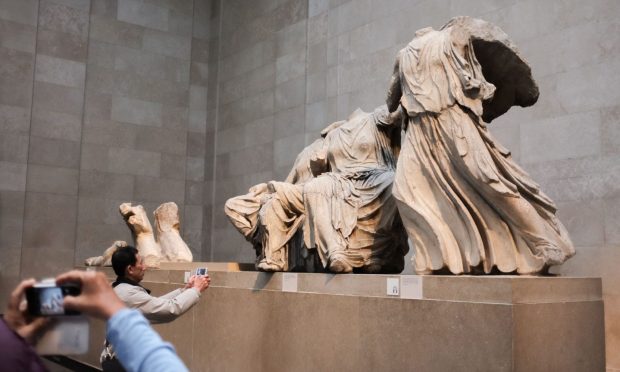
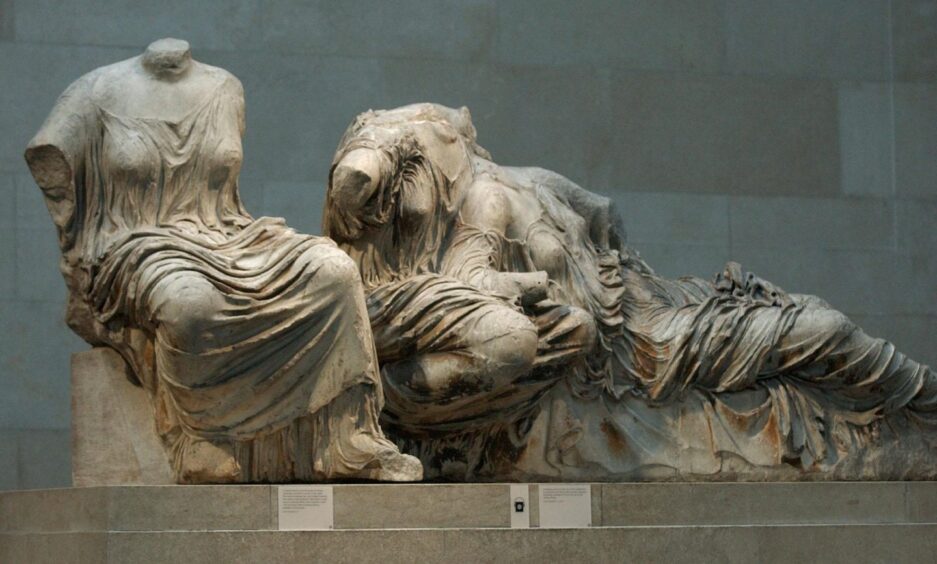
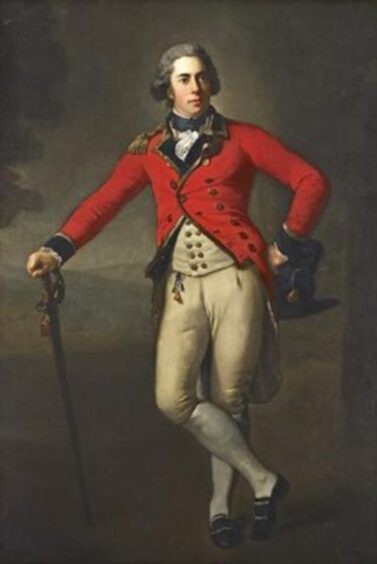

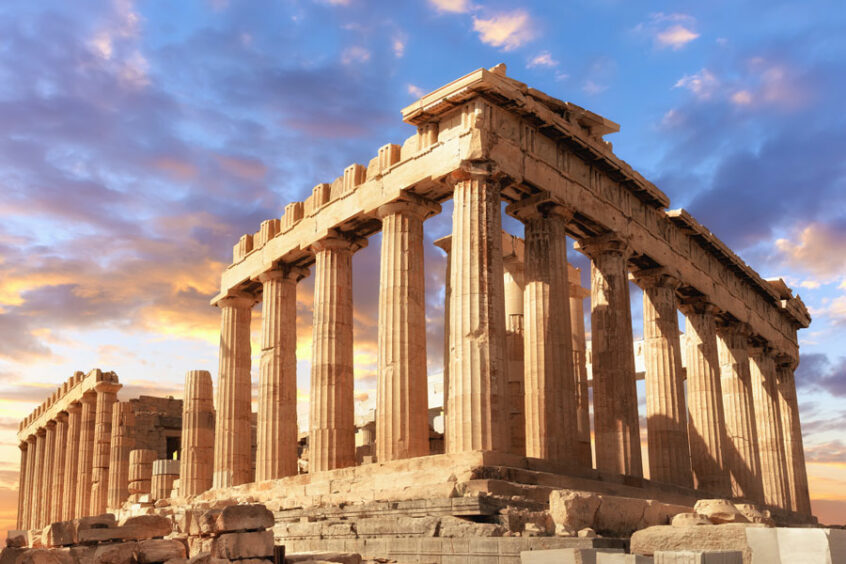






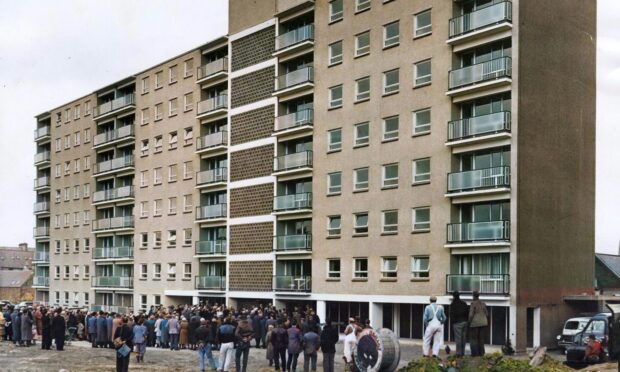




Conversation